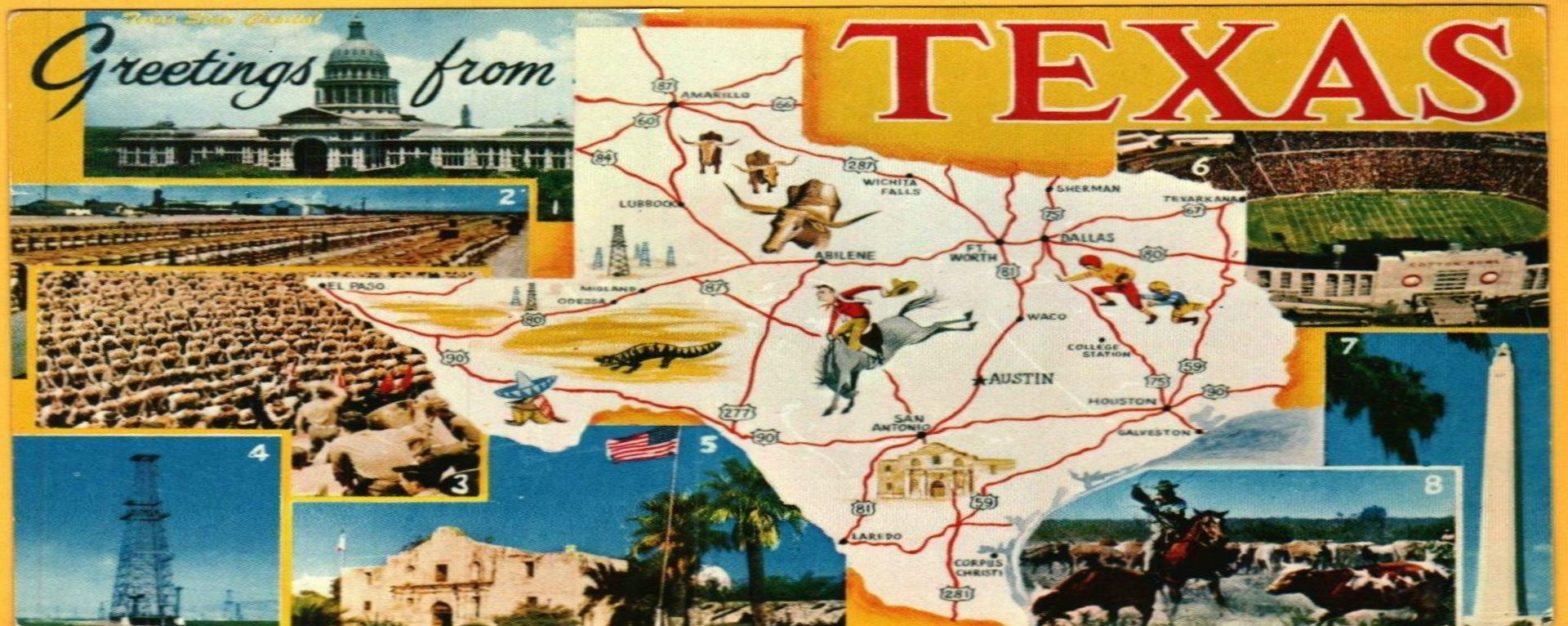It’s back to Texas we go, this time, for a look at a curious situation that remains unresolved. What happens when a bad-beat jackpot becomes a dispute and is quickly denied on a technicality? Earlier this month, at the San Antonio Poker Palace, a hand went down that should’ve resulted in a hefty bad-beat payout, for a minimum $100,000 group payday.
Except the SA poker club quickly nullified the jackpot, asserting that both players involved had voided their eligibility by showing their hands early, before the final bets had been made.
Cedrric Trevino, of Poker Bros. fame, posted a tweet that included a link to the video of the table at the SA Poker Palace as the hand unfolded:
It was one of those situations that I didn’t really think too much about at the time. The video showed the two players technically violating the rule amid a very excitable moment. I expected that the club would bend to the public pressure and pay out the bad-beat jackpot, but, well, that’s not what happened.
The players weren’t paid, and days later, the post and video of the hand that the club itself had posted was deleted from Twitter. That’s where the situation began to get fishy, with plenty of allegations made, both public and private, that the real reason the club found a reason to void the jackpot is that the funds to pay it didn’t exist.
I can’t offer a direct opinion on that; I really don’t know. But with a couple of weeks of hindsight, it’s looking at least a little bit more likely, in my opinion, that something fishy might be going on.
How a regulated jurisdiction handles bad-beat disputes
What you’ve got to understand to place this event within a proper framework is that all these Texas clubs continue to exist in a legal grey area. There is no statewide regulator to whom an aggrieved player can file a complaint, nor any bad-beat jackpot laws in Texas’s statutes that define the circumstances about how bad-beat jackpots are operated and are paid out.
The rules on the wall or on a placard governing a bad-beat jackpot, that a club such as the San Antonio Poker Palace might post? They’re really not worth much at all. And in the absence of those formal laws, a Texas car club offering bad-beat tables can interpret the bad-beat rules to their own best advantage… and there’s a very good argument that that’s what happened here.
Bad-beat jackpot disputes happen in regulated jurisdictions, too, and how a disputed jackpot is resolved is rather different than how this played out in San Antonio. Let’s say a disputed bad-beat jackpot occurred in Nevada, for example, and the aggrieved players filed a complaint.
It wouldn’t be the club that decided the matter. Instead, an agency such as the Nevada Gaming Commission would gather all all available evidence, including surveillance video and interviews of both players and staff.
What an agency such as the NGC would be looking for is an intent to cheat or collude in order to crack the jackpot. If it found such, it would still have to be a significant and intentional rules violation for the jackpot win to be voided.
In most circumstances, however, the jackpot would be ordered to be paid out regardless of whether a small, technical violation occurred. One of the facts the San Antonio Poker Palace tried to stand behind in voiding the jackpot was that the calling player in the hand, who held quads, didn’t shove in his final chips until the other player’s hand was exposed. But it’s meaningless: the player had just a few chips left, and as several players poinbted out, folding quads to any raise would have been nonsensical.
Yet there the San Antonio club drew the line, standing on what amounted to a meaningless technicality. And it’s part of why the situation looks so bad.
Fixed-limit jackpot also suspicious
Another factor that makes the story lean suspicious is that the bad-beat jackpot at the San Antonio Poker Palace doesn’t grow over time. As shown in the banner that Trevino preserved, its $100,000 total when it’s paid, spread out among the winning and present players.
That’s not how bad-beat jackpots are supposed to work. Instead, they’re supposed to grow over time, like a lottery, with paid contributions building up the jackpot’s payout until it’s eventually hit.
Having a non-growing jackpot means that there’s no accountability toward ensuring that bad-beat rate collected from the tables actually ends up the jackpot. Add it the list of suspicious circumstances.
Not doing the right thing in a murky environment
Perhaps the biggest question mark, though is this: Given the murky and controversial nature of the current Texas poker landscape, why would a club throw more dirt on the image of poker in Texas.
Noting that at the very worst, the rules violation was a very minor technicality that had impact on the hand as it played out, not paying the jackpot was a lousy choice. If the owners and management of San Antonio Poker Palace truly cared about thr future of poker in Texas, they’d have paid out the jackpot. Issue all the warnings about adhering to the rules that you want, but pay out the jackpot anyway.
San Antonio Poker Palace had every chance to do the right thing. And yet they didn’t.

